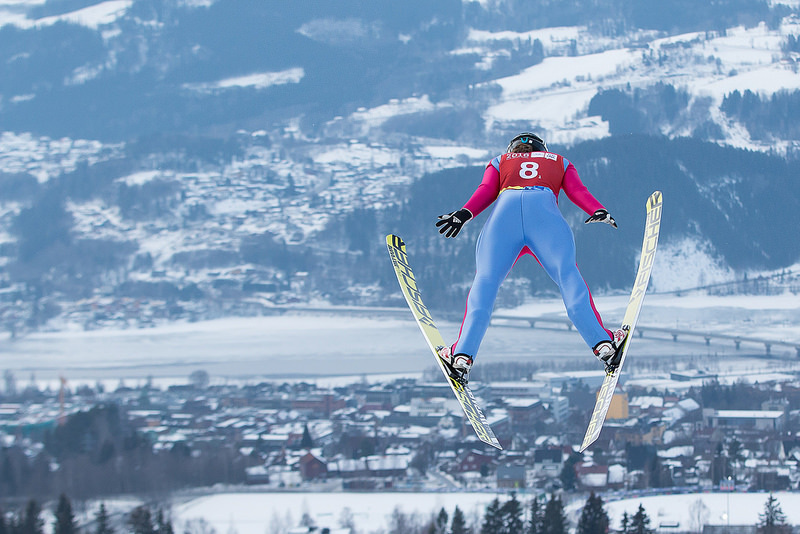| If you haven’t read the details of how the former director of Russia’s anti-doping lab helped his nation’s athletes cheat their way to victory in Sochi in 2014, you might not fully understand all the fuss leading up to the start of the Rio games in a few days. You also might not fully understand why Utah needs put its hopes for another Olympic bid on ice. |
| | This isn’t just a question of over-anxious athletes looking for every advantage possible, although that certainly exists. It’s a question of whether the International Olympic Committee has properly purged itself since the Salt Lake bidding scandal. On that, the evidence isn’t good. Russia’s former anti-doping director, Grigory Rodchenkov, is hiding somewhere in the U.S. He told the New York Times what happened in Sochi and in London in 2012. In Sochi, Russian intelligence officials and others created a small hole in the wall of the drug-testing lab. Every night, the urine samples of Russian athletes were passed through the wall and replaced by clean samples. He said about 100 such vials were exchanged. As a result, Russia won more medals in those games than any other nation. For the London games, Rodchenkov, who has a Ph.D. in chemistry, devised a cocktail of three anabolic steroids and alcohol that was administered to Russian athletes, who were told to swish the mixture over and under their tongues. The chemical combination was absorbed quickly and eluded detection. Not surprisingly, Russian President Vladimir Putin has denied all charges, but an investigation commissioned by the World Anti-Doping Agency confirmed the accounts through forensic evidence and corroborating interviews. The International Association of Athletics Federation banned the Russian track and field team from competing in Rio, a decision that was upheld by the Court of Arbitration for Sport. But the IOC didn’t act until last Sunday, when it no longer had much choice. But what it did was tell each sports federation to decide separately what to do about its Russian athletes who could show no previous positive tests for doping. The federations, as the Times notes, are not equipped for this, especially with the games only days away. In addition, many federation members have ties to Russia and may be hesitant to ban Russians if the IOC hasn’t done so. Within hours of this decision, the International Tennis Federation decided to let all Russian tennis players come to Rio. The only athlete the IOC banned outright was Yulia Stepanova, who fled Russia after exposing corruption and after saying she had been forced to use performance-enhancing substances. She wanted to compete under a neutral banner, but the IOC denied her, even though it is allowing 10 refugees to compete without any national affiliation. Some may say the lesson from this is that cutthroat competition always trumps the stated Olympic ideals of fair play. After all, think of all the time, effort and money Russia put into a scheme for the sake of national pride alone. But that misses the point, which is that such schemes will thrive unless the governing body takes real and substantive measures to prevent, investigate and punish them. This wasn’t a case of an athlete cheating. It was a wholesale cheating scheme allegedly supported by a nation. Utahns already have had a taste of the IOC’s peculiar ideas of competition and justice. The bid scandal leading up to the 2002 Games was all about expectations of what Utahns needed to do to secure votes. Despite its hand-wringing at the time, the IOC seems to have upped its game, including making outrageous demands on hosts cities. (Norway was told it would have to provide special highway lanes dedicated full-time to the exclusive use of IOC members, for example). At its best, the Olympic games spread good will and enhance a feeling of global unity. Those of us who were here in 2002 felt that. But while we sit in front of our televisions next month and anxiously wait to see how many people emerge under the Russian flag at the opening ceremonies, it should be obvious that the IOC, as it currently operates, has nothing to offer Utah. Our standards should be higher than that. |


 RSS Feed
RSS Feed

